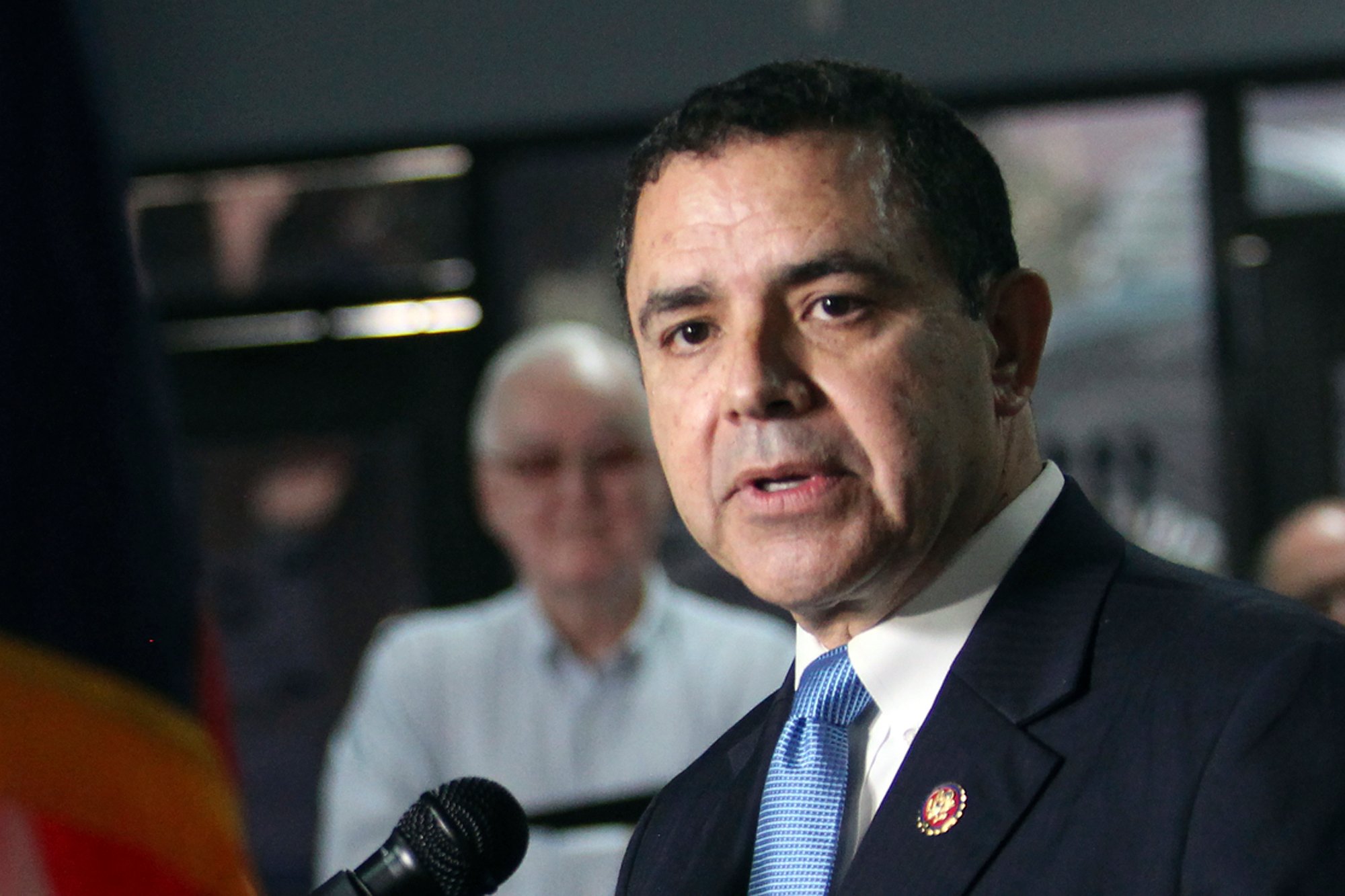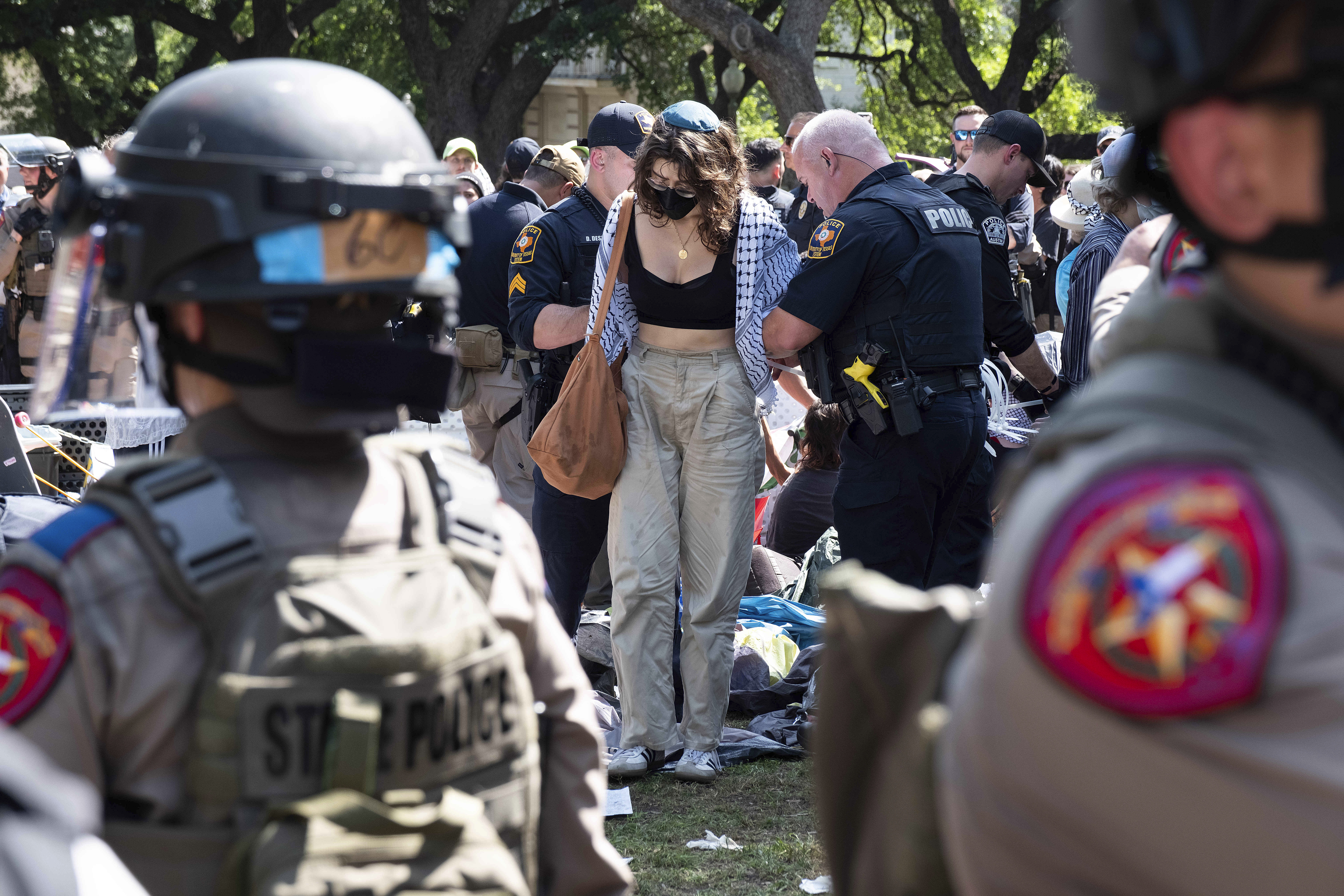ustxtxb_obs_1971_02_26_50_00021-00000_000.pdf
Page 1
Fagan Dickson Advertisement Yours respectfully, President Richard M. Nixon The White House Washington, D.C. January 28, 1971 Dear Mr. President: I have carefully read your State of the Union message and your interview on January 4th, after listening to both on television. It is refreshing and comforting to have a national leader who seeks to inspire and lead by reviving and glorifying the principles of self-government established by our Founding Fathers. The first reaction is that these principles must be the best because, first, look how powerful we have become, and, second, they have survived the test of time. But, do you support all the basic principles understood by our Founding Fathers and incorporated by them in our Federal Constitution? The Theory of State on which this country was founded includes the principle that religious and secular matters should forever remain separate. Our Supreme Court has repeatedly held that, “The First Amendment mandates government neutrality between religion and non-religion.” The Honorable James Bryce, who was later to become Lord Bryce, said in his great book, “The American Commonwealth,” published in 1888, that, “Half the wars of Europe, half the internal troubles that have vexed the European States … have arisen from theological differences or from rival claims of Church and State. This whole vast chapter of debate and strife has remained virtually unopened in the United States!” You and President Johnson have succeeded in opening “this whole vast chapter” by polarizing theological differences between Christianity and Communism by thinking of nations only in terms of their ideology and by calling forth the military might of this great nation to support Christianity on a world-wide basis. I am familiar with the views of Mr. Kissinger on this. He expressed them to Mike Wallace in an interview in 1958 which has just been republished in The Center Magazine in its January-February, 1971 issue. He seems to have changed his views on the efficiency of military power since joining your Administration but even in 1958 the ideological confict between Communism and Christianity, he thought, called for military engagements on our pars. The genius of our democracy is that it is a secular government. The early presidents who helped write the Constitution did not hold prayer breakfasts or Sunday Services in the White House. They did not have confidents and advisers like your friend, Reverend Billy Graham. God was not even mentioned in the Constitution that they wrote. The Pledge of Allegiance to the Flag, as originally written in 1892 by Francis Bellamy, did not contain the words, “under God.” This working was not added until 1954, during the Joe McCarthy era. The government in the First Amendment to the Constitution guaranteed freedom of religion. It did not guarantee government advocacy of Christianity or any other religion; it expressly prohibited it. The thought of this government taking up arms against another nation because of its ideology or religion was unthinkable. If you really intend to revive the philosophy of the Early Americans and re-establish the principles on which this be emphasized. In doing this, of course, you have to reconcile these early views with your view on “Vietnamization.” In 1967, I wrote a pamphlet entitled, “Thoughts on Vietnam.” I sent the original draft to President Johnson. The second paragraph said, “Our goal in Vietnam is fighting Communism, according to Secretary Rusk, yet our nation is making treaties and building bridges of friendship with Communist nations of Eastern Europe. If the President expects our people to unite behind his leadership in an ideological war, he should issue a White Book setting forth his thoughts, so that the people can read, study and believe in them. Our government disavows imperialism as our goal, but it does not tell us what ideals our men are being asked to die for, when the ‘enemy’ is not a nation, or a people, but an ideology.” My friend, George Christian, gave it to the President but he did not respond. I hope you will do better and explain your views on these questions in your forthcoming State of the World message. 1 FDmc


